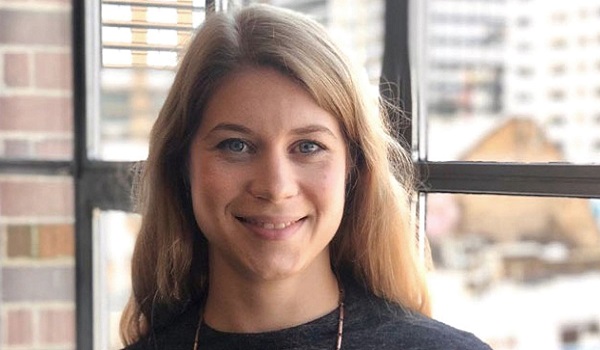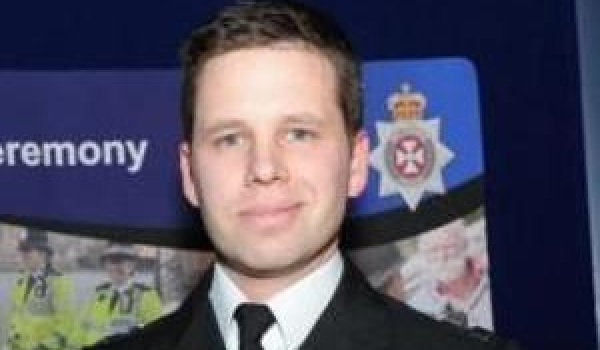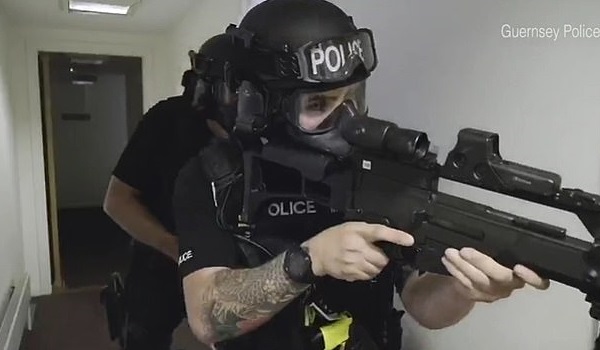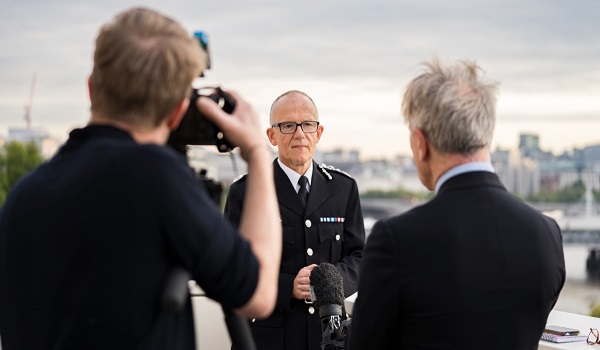Bid to bolster powers of Sarah Everard inquiry fails
The Government has seen off a bid to bolster the powers of an independent inquiry into Sarah Everard’s murder.
The House of Lords rejected by 90 votes to 33 a move to convert the current investigation into a statutory inquiry, in which witnesses can be compelled to give evidence, if needed.
However, there was controversy with the debate on the issue being held so late on Monday and the eventual division coming well after midnight, reflected in the comparatively low turnout.
An attempt to adjourn the amendment to the Police, Crime, Sentencing and Courts Bill to another day had been defeated earlier.
It came as Home Secretary Priti Patel published the terms of reference for the first phase of the inquiry led by Dame Elish Angiolini QC, which will consider the “systemic failures” that allowed Ms Everard’s killer to be employed as a police officer.
Wayne Couzens is now serving a whole-life order in prison, meaning he will never be released.
The findings from the first part of the inquiry will inform the second – which will look at “broader issues” arising for policing and the protection of women.
The Home Secretary has already said the inquiry will proceed on a non-statutory basis in a bid to give Ms Everard’s family “closure as quickly as possible”.
However, Ms Patel has not ruled out putting the inquiry onto a statutory footing if necessary.
But Labour former shadow attorney general Baroness Chakrabarti pressed the Government to go further with a “full-blown” statutory inquiry now.
She was deeply critical of the debate on the amendment being held so late in the evening.
Lady Chakrabarti said: “Without powers to compel cooperation we will not get the kind of inquiry that is required.”
Independent crossbencher and prominent QC Lord Carlile of Berriew, who previously served as independent reviewer of terrorism legislation, said: “We know because it has been proved in other cases… the police will sometimes strain every sinew to avoid being held fully accountable.”
He argued it was “outrageous” to be debating such an important issue so late at night and felt the chamber’s procedure had been “abused”.
Former victims’ commissioner Baroness Newlove said: “We are talking about a human life that was horrifically and brutally taken.”
The Tory peer, whose husband Garry was killed outside his home after confronting vandals in 2007, said: “We must have a statutory inquiry for the soul of Sarah Everard and, indeed, for the sake of humanity. If we do not, this will be a shameful decision that we will always regret having made.”
Supporting the call for a statutory inquiry was Baroness O’Loan, whose independent panel into the 1987 unsolved murder of private investigator Daniel Morgan last year accused the Metropolitan Police Service of institutional corruption and “lack of candour”.
The crossbencher said: “I do not believe that a non-statutory inquiry can act as effectively as one which is armed with the power to compel witnesses and the discovery of documentation.”
In the case of Ms Everard, she said: “The failure to deal with her murderer may have left him free to kill.”
Labour frontbencher Lord Coaker said: “Surely at the very least we could turn around and say we will use a statutory inquiry because that is the way the confidence of the public can be restored.”
Responding as it turned midnight, Home Office minister Baroness Williams of Trafford said it was “very frustrating” to be discussing such an important issue at such a late hour.
Moving to reassure peers, she said: “In coming to a decision on whether to convert the inquiry into a statutory inquiry… the Home Secretary will be strongly guided by the views of Dame Elish.”
As inquiry chair, her views “would be expected to hold considerable weight”, said the Tory frontbencher.
Lady Williams also pointed out there was now a duty of cooperation on police officers, which meant failure to do so could be a disciplinary matter “with dismissal being the ultimate sanction”.
Debaleena Dasgupta, solicitor at Centre for Women’s Justice, said: “We firmly believe that the inquiry must involve a strand dedicated to what happened to Sarah Everard. But to proceed on a non-statutory footing is to do a disservice to Ms Everard and her family. A statutory inquiry would entitle her family to free, independent and specialist legal advice to ensure their voices are heard. It would also allow them to be certain that the Metropolitan Police is not withholding anything – a statutory inquiry can compel witness and the provision of evidence, as well as making sure that any whistle-blowers are protected. That is likely the only way for the family to fully establish what happened.”







